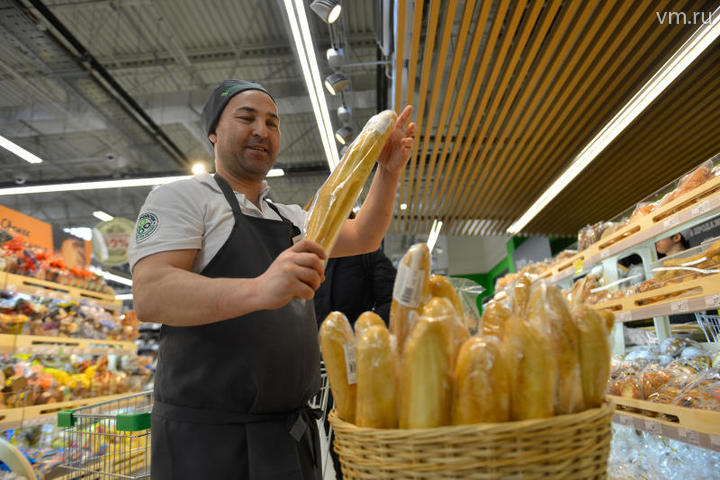Inflation is measured in Kazakhstan the same way as in most countries worldwide. They take a so-called consumer basket - a set of products, goods and services that an average person or family regularly buys. It includes about 500 goods and services, for example, food, clothing, utilities, household appliances, and cars. The cost of consumer basket varies from month to month or from week to week. This change is inflation.
Inflation is always about rising prices. When inflation is low, prices rise very slowly, but still rise, however. When they say that inflation is declining, it means that the conditional basket of goods and services is getting more expensive more slowly than in previous years.
High inflation is always bad: for the economy, for business, for financial markets, and, for the people, obviously. People make the expected financial decisions: get rid of money, spend it as soon as possible, investing in valuable goods, real estate, buying foreign, "hard" currency. It becomes unprofitable to make savings, open deposits, bank customers withdraw money from their accounts.
The best economic scenario is stable low inflation, in which the purchasing power of money is preserved. It will help planning budgets for a long term, save, invest, and launch new business projects. The ability to build long-term plans is the key to economic development.
Global inflation is slowing down, and it is still growing in Kazakhstan
The global inflation began to slow down in 2022, and its speed decreased in 30 countries of the world. The strongest slowdown was noted in Venezuela - from 686% to 234%, nevertheless remaining the highest in the world. In Sudan, inflation began to grow more slowly by 230%, and in Lebanon - by 102%.
Inflation in Kazakhstan was 20.7% in January 2023 compared to January 2022. It rose by 1.1% over the month. Food prices rose the most – by 25.7% year-on-year. For comparison, in December 2022, inflation was 20.3% compared to December 2021, while on a monthly basis, inflation was at the level of 1.2%.
Why are prices rising?
• The demand is growing. Sometimes people start buying more of certain products. For example, drugs during a pandemic were bought not only for patients but also for the prevention of viral infections, and simply, “just in case”.
• The supply is shrinking. If the price of a product is controlled by the government, it becomes unprofitable to produce it after a while, despite the growth in demand. Selling cheap goods is also, often, unprofitable: the cost of employees, storage, display is higher, and the turnover is small. And production is shrinking. A shortage can also arise for another reason - if demand remains the same, but there are fewer goods and services, because, for example, a factory for the production of socks and tights has closed.
• The national currency is weakening. If foreign exchange rates rise, imported goods automatically become more expensive.
• High inflation expectations. When people and companies expect prices to rise sharply, they often begin to change their consumer behavior: they stock up and save less. After all, it is more logical to buy cheaper today than overpay tomorrow. The companies, in their turn, are beginning not to expand production but raise prices for their products.
Who can keep inflation in check?
Inflation can be kept at bay only by the joint efforts of producers, trade, government and buyers.
The government cannot set prices on its own. The government singles out a group of socially important goods to regulate prices. This group in Kazakhstan includes 19 following products: flour, bread, pasta, eggs, buckwheat, rice, sugar, sunflower and butter, beef and chicken, milk, kefir, cottage cheese, potatoes, carrots, onions, cabbage and salt. The government supports their producers: it compensates, for example, part of the costs for the production and sale of so-called “social” bread and allocates money from the national and local budgets. The enterprises can also receive preferential short-term loans and investment loans.
Source: https://prodengi.kz/post/inflyaciya-pocemu-rastut-ceny-i-kto-mozet-ix-sderzat
Photos are from open sources.





